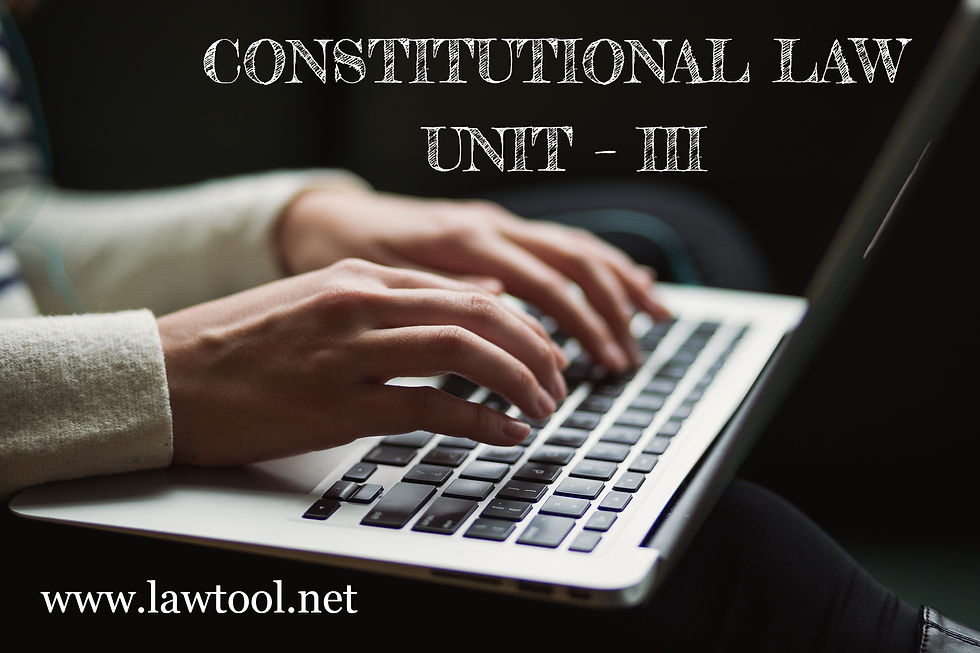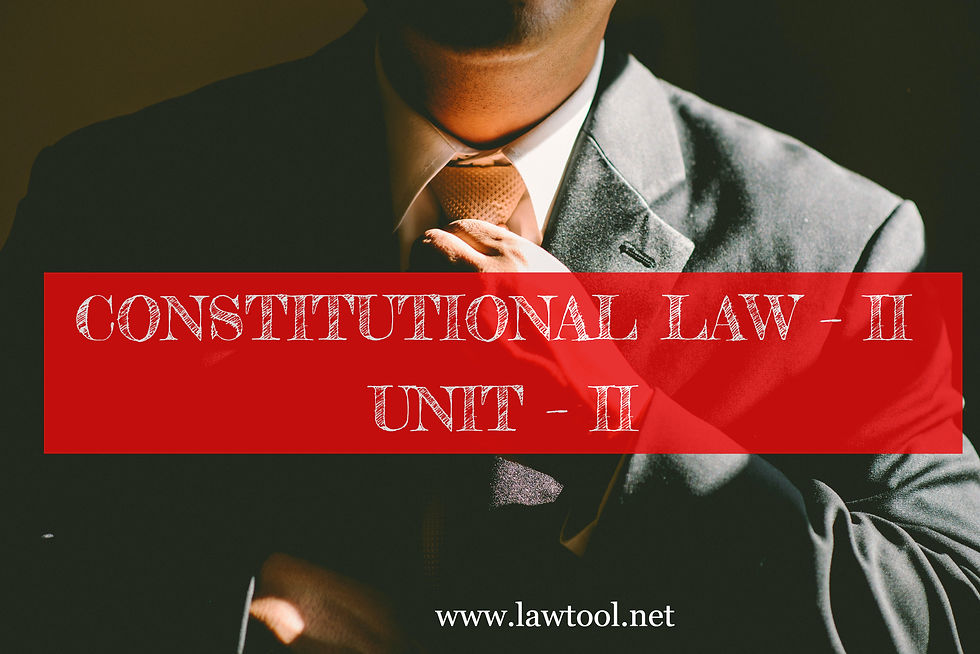Right to Education Act 2009
- www.lawtool.net

- Mar 25, 2022
- 4 min read
Updated: Apr 12, 2022
Right to Education Act 2009
The Right of Children to Free and Compulsory Education Act or Right to Education Act (RTE) is an Act of the Parliament of India enacted on 4 August 2009, which describes the modalities of the importance of free and compulsory education for children between the age of 6 to 14 years in India under Article 21A of the Indian Constitution.India became one of 135 countries to make education a fundamental right of every child when the act came into force on 1 April 2010.the Constitutional Amendment of 2002 that included the Article 21A in the Indian constitution making Education a fundamental Right. Article 45 states “The State shall endeavour to provide, within a period of ten years, from the commencement of the Constitution, for free and compulsory education for all children until they complete In 2002, the 86th the age of 14 years.” Constitutional Amendment was passed by the Parliament adding Article 21A, to Article 21.
The law came into effect in the whole of India except the state of Jammu and Kashmir from 1 April 2010, the first time in the history of India a law was brought into force by a speech by the then Prime Minister Manmohan Singh. In his speech, Dr. Singh stated, "We are committed to ensuring that all children, irrespective of gender and social category, have access to education. An education that enables them to acquire the skills, knowledge, values and attitudes necessary to become responsible and active citizens of India." It has now come into force in Jammu and Kashmir after its reorganisation into a Union Territory of India in 2019.
Thus it became a fundamental Right like Right to life.It received Presidential assent and was notified as law on 26 August 2009
New Article: Article 21 A states:
"the state shall provide free and compulsory education to all children of the age of 6 to 14 years as the state may, by law determine".
Pursuant to this amendment, the Parliament passed the Right to Free and Compulsory Education Act (RTE) which is effective from April 1, 2010
Salient features of the RTE Act
1. Free Elementary Education for ALL children in age group 6-14 years in a neighborhood school. There should be no financial constraints can “prevent” a child from a enrolling, attending and completing elementary education Elementary education is 8 years of education from classes 1-8. children between 6-14 years, The neighborhood within 3 km from home of child
2. Compulsory Elementary Education. There is a duty of the parent to send their children to school (Article 15k)and an it is the obligation of the government to ensure enrolment, attendance and completion of elementary education. If parents are reluctant, the government should find a way convince , without use of force/ violence/pressure.
3. Age Appropriate Education. etc Children are to be enrolled in the class thatcorresponds to their age. Hence, if a 10 year old is a drop out he will be enrolled in class 5 and “special training” is to be provided to bring up to the class 5 level.
4. Quality Norms for Schools and Qualifications for Teachers are given in detail.
.
5. Curriculum in line with Constitution. The curriculum, syllabus and books must conform to Constitutional values. Hence, communal and harmful agendas cannot be part of the materials used and taught inthe schools of the country.
6. Evaluation system to be based on principle of Continuous and Comprehensive Evaluation (CCE).
7. 25%Reservation in Private Schools All private schools are required to admit in their incoming class 25% children from weaker sections and socially disadvantaged groups from their neighbourhood.
Case law :
Society for Un-aided Private Schools of Rajasthan V Union of India 2011
The Supreme Court upheld the constitutional validity of the R T E Act, through a majority of chief justice SH Kapadia and Justice Swatanter Kumar. [ JusticeRadhakrishnan dissented ]
The Supreme Court has brought all educational institutions within RTE’s ambit except unaided minority institutions
It has held that the Act is operative from the academic year 2012-2013 itself and would not apply retrospectively to any admissions or to resident students in boarding schools. The private schools’ contention that such mandatory reservation would drain their resources was answered by the government, which promised reimbursement of money to the extent of the reservation.
The Court held:
Article 21A requires non-state actors to achieve the socio-economic rights of children in the sense that they shall not destroy or impair those rights and also owe a duty of care. The State, however, cannot free itself from obligations under Article 21A by offloading or outsourcing its obligation to private State actors like unaided private educational institutions or to coerce them to act on the State's dictate.
Private educational institutions have to empower the children, through developing their skills, learning and other capacities, human dignity, self-esteem and self-confidence and to respect their constitutional rights.
Article 21 read with 21A, therefore, cast an obligation on the State and State alone. . I am, therefore, of the considered view that Article 21A, as such, does not cast any obligation on the private unaided educational institutions to provide free and compulsory education to
children of the age 6 to 14 years.
Article 21A casts constitutional obligation on the State to provide free and compulsory education to children of the age 6 to 14 years.










Comments